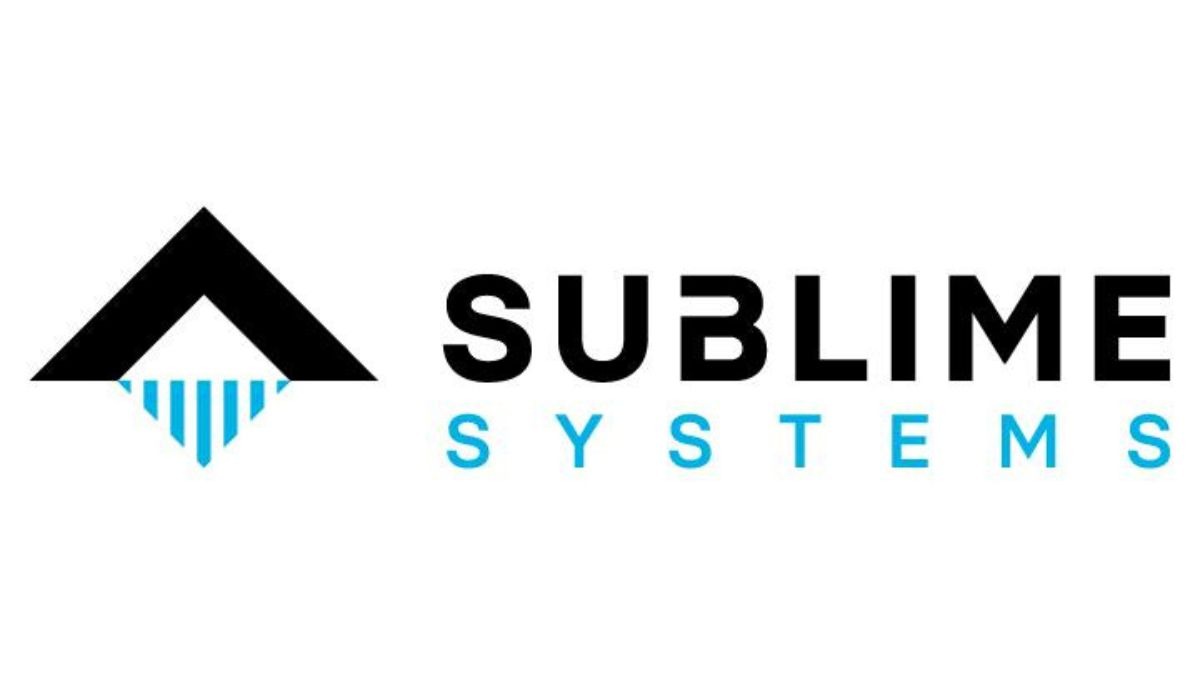Concrete, second only to water in its usage, relies heavily on cement—a material traditionally produced through a process that significantly impacts the environment. The global cement production industry is responsible for about 8% of annual carbon emissions, primarily due to the use of fossil fuel-fired kilns to heat limestone, a process that emits large amounts of CO2.
In an effort to decarbonize the $410 billion global cement industry, innovative methods are being developed, and startups like Brimstone, Fortera, and Massachusetts-based Sublime Systems are at the forefront of this transformation.
“Our process doesn’t emit CO2. It avoids all CO2 emissions, both from the fossil fuel and from the limestone,” said Leah Ellis, CEO of Sublime Systems. Sublime employs chemicals instead of heat and uses alternative minerals rather than limestone.
“By decomposing minerals at ambient temperature using electrochemistry, it actually allows us to use minerals that contain calcium for cement that aren’t limestone, and that’s what makes us true zero as opposed to net zero,” Ellis explained.
As with other new technologies, this approach is more expensive. However, climate-conscious companies like WS Development in Boston are willing to invest in this sustainable cement. WS Development’s One Boston Wharf Road will be the largest net zero office building in the city, featuring Sublime cement in its ground floor public space.
“As people walk through this building on a day-to-day basis, they’ll be able to interact with the product and learn more about a net zero carbon future in the built environment,” said Yanni Tsipis, a senior vice president with WS Development.
Sublime Systems recently received an $87 million award from the U.S. Department of Energy to cover half the cost of its first commercial plant in the state. The company has raised $45 million in funding from venture capital backers, including Lower Carbon Capital, Engine Ventures, Energy Impact Partners, Prime Impact Fund, Siam Cement Group, and MCJ Collective.
Ellis noted that Sublime Systems has conducted extensive testing on the product’s durability and anticipates being competitive with traditional Portland cement at scale. The new plant is expected to produce 30,000 tons of clean cement per year, compared to the 90 million tons of cement produced annually in the U.S.
“This is a first-of-a-kind process, and we’re competing with technologies that have been scaled to a million tons per year plus for decades. So, in the beginning, just like solar panels and wind turbines, we will have a cost premium, but our goal is to have a swift and massive impact,” Ellis said.


